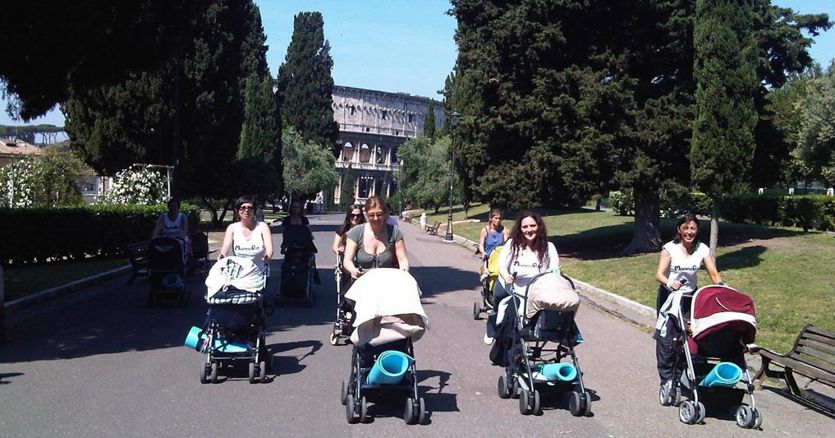After the ruling of the Constitutional Court on the double surname, the Interior Ministry with a circular sent to the prefects asks to sensitize the mayors so that they provide information to the civil status offices of the Municipalities on the sentence that came into force, after publication in the Official Gazette, on the 1st June 2022. A historic decision by which the Council, on April 27, declared the automatic assignment of the paternal surname illegitimate, sending a patriarchal legacy to the attic.
An agreement is needed to assign a single surname
In the circular, the Ministry of the Interior states that the Court “established that the surname of the child” must be composed with the surnames of the parents “, in the order decided by the same, without prejudice to the possibility that, by mutual agreement, the parents attribute only the surname of one of the two ». Consequently, the agreement between the two parents “is essential in order to be able to attribute to the child the surname of only one of the parents”, is said in the circular. In the absence of this agreement, “the surnames of both parents must be attributed, in the order decided by them, and if this further agreement is lacking, as the Court specifies in the decision, the intervention of the judge is required”.
The first cases
In the past few weeks, the first babies with the double surname have been registered in Salento, Rome, Milan and Cagliari. The first, ever, a girl, born on 31 May and discharged on 1 June from the Fazzi hospital in Lecce. The little girl was given her mother’s surname first, then her father’s. In the circular, the head of the Interior and Territorial Affairs Department of the Interior Ministry, Claudio Sgaraglia, states that “the civil status officer must accept the request of the parents who intend to give the child the surname of both, in the order agreed by the same, at the time of birth, recognition or adoption, without prejudice to the agreement to attribute only the surname of only one of them “. The ruling of the Court concerns all children who have not yet been declared in the registry office. If there is no agreement, as the Viminale reminds us, on the order of the two surnames, the question will be resolved by the judge, whose intervention is already foreseen by the legal system in all cases of disagreement on choices regarding the children.
A historic ruling
Written by a female judge, Elisabetta Navarretta, the sentence clarifies the reasons why the automatic attribution of the paternal surname, which was provided for by Article 262 of the Civil Code and various other regulations, is in contrast with constitutional principles and with the European Convention on Human Rights. That automatism “translates into the invisibility of the mother” and is the sign of an inequality between the parents, which “reverberates and impresses itself on the identity of the child”. The surname “connects the individual to the social formation that welcomes him” and “is rooted in his family identity”, therefore it must “reflect and respect the equality and equal dignity of parents”. The same, eventual, agreement between parents to assign a single surname presupposes a rule that restores parity, since without equality, the judges explain, the conditions for an authentic agreement are lacking.
